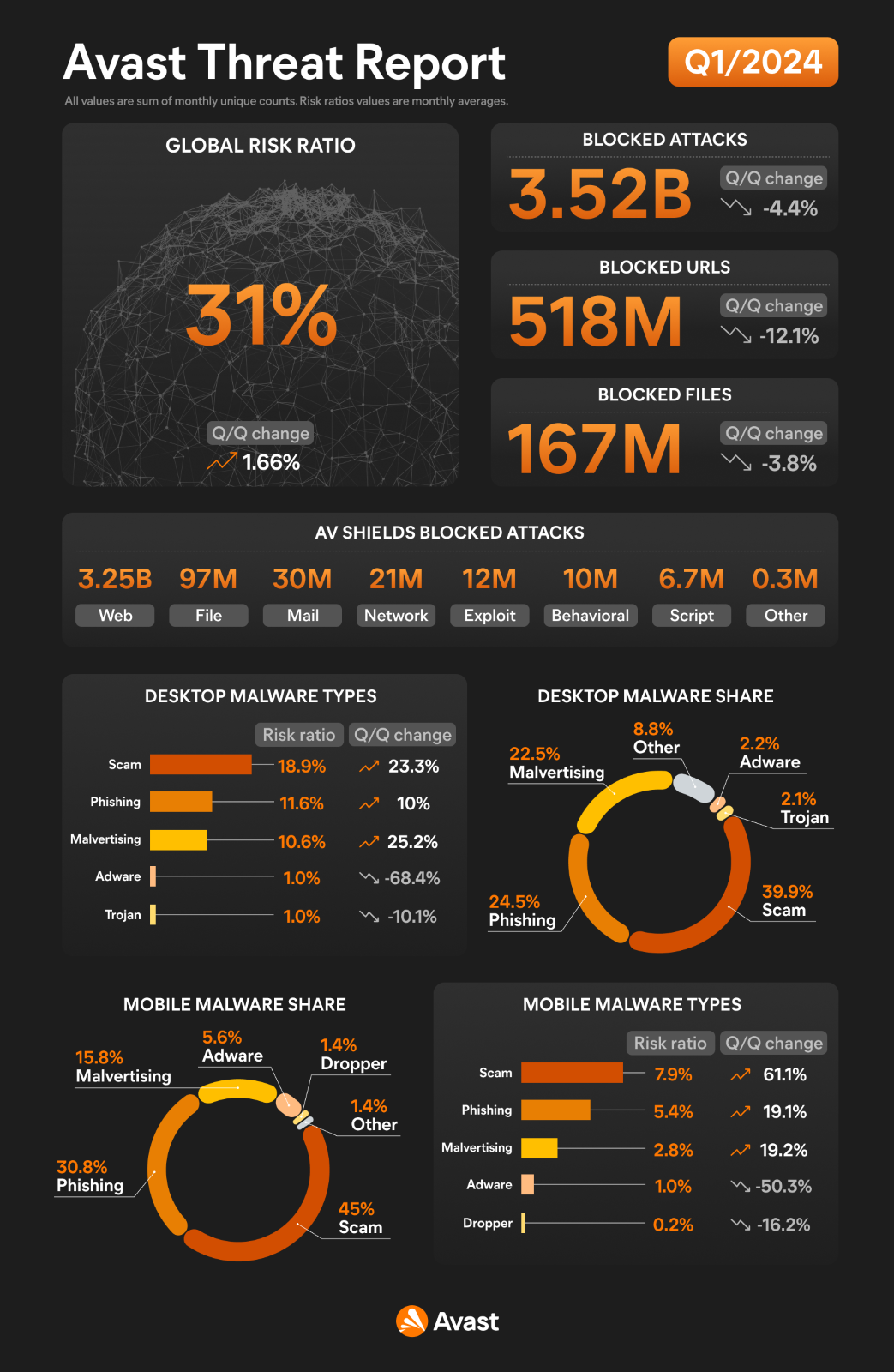YouTube is becoming a cybercriminal gateway for human manipulation
Scammers are funnelling victims through YouTube

Sign up for breaking news, reviews, opinion, top tech deals, and more.
You are now subscribed
Your newsletter sign-up was successful
Human manipulation is the leading driver behind the success of cyberthreats, new research from Avast has found.
Social engineering campaigns employed to distribute scams and similar threats accounted for 90% of all threats blocked in the mobile device landscape.
YouTube is also fast becoming a breeding ground for phishing campaigns, social engineering using video content and the hijacking of channels to distribute scams.
Like and subscribe for more scams
Avast outlined how threat actors are increasingly turning to YouTube as a means to disseminate scams and deepfakes through seemingly legitimate channels.
The scammers will often offer to collaborate with channels with an established audience, building trust all the while, before sending malware that leads to the channel being stolen through account compromise or cookie theft.
Moreover, threat actors on YouTube are also abusing hobbies such as gaming and common problems involving antivirus by including malicious links in the video descriptions that appear to be legitimate software downloads, but instead download and install malware onto the victims device.

Scams utilizing interest in cryptocurrency are also seeing a rise in popularity, with channels dedicated to news and information on cryptocurrencies being stolen by threat actors and then used to share crypto-scams such as giveaways that require a deposit to enter.
Sign up to the TechRadar Pro newsletter to get all the top news, opinion, features and guidance your business needs to succeed!
In 2023 alone, Avast says protected four million users against threats distributed via YouTube, with more recent figures from January to March 2024 showing 500,000 people have been protected so far.
More from TechRadar Pro
- These are the best identity theft protection services
- MacOS devices are being targeted with PyPI backdoor to sneak into corporate networks
- These are the best antivirus software choices around today

Benedict has been with TechRadar Pro for over two years, and has specialized in writing about cybersecurity, threat intelligence, and B2B security solutions. His coverage explores the critical areas of national security, including state-sponsored threat actors, APT groups, critical infrastructure, and social engineering.
Benedict holds an MA (Distinction) in Security, Intelligence, and Diplomacy from the Centre for Security and Intelligence Studies at the University of Buckingham, providing him with a strong academic foundation for his reporting on geopolitics, threat intelligence, and cyber-warfare.
Prior to his postgraduate studies, Benedict earned a BA in Politics with Journalism, providing him with the skills to translate complex political and security issues into comprehensible copy.